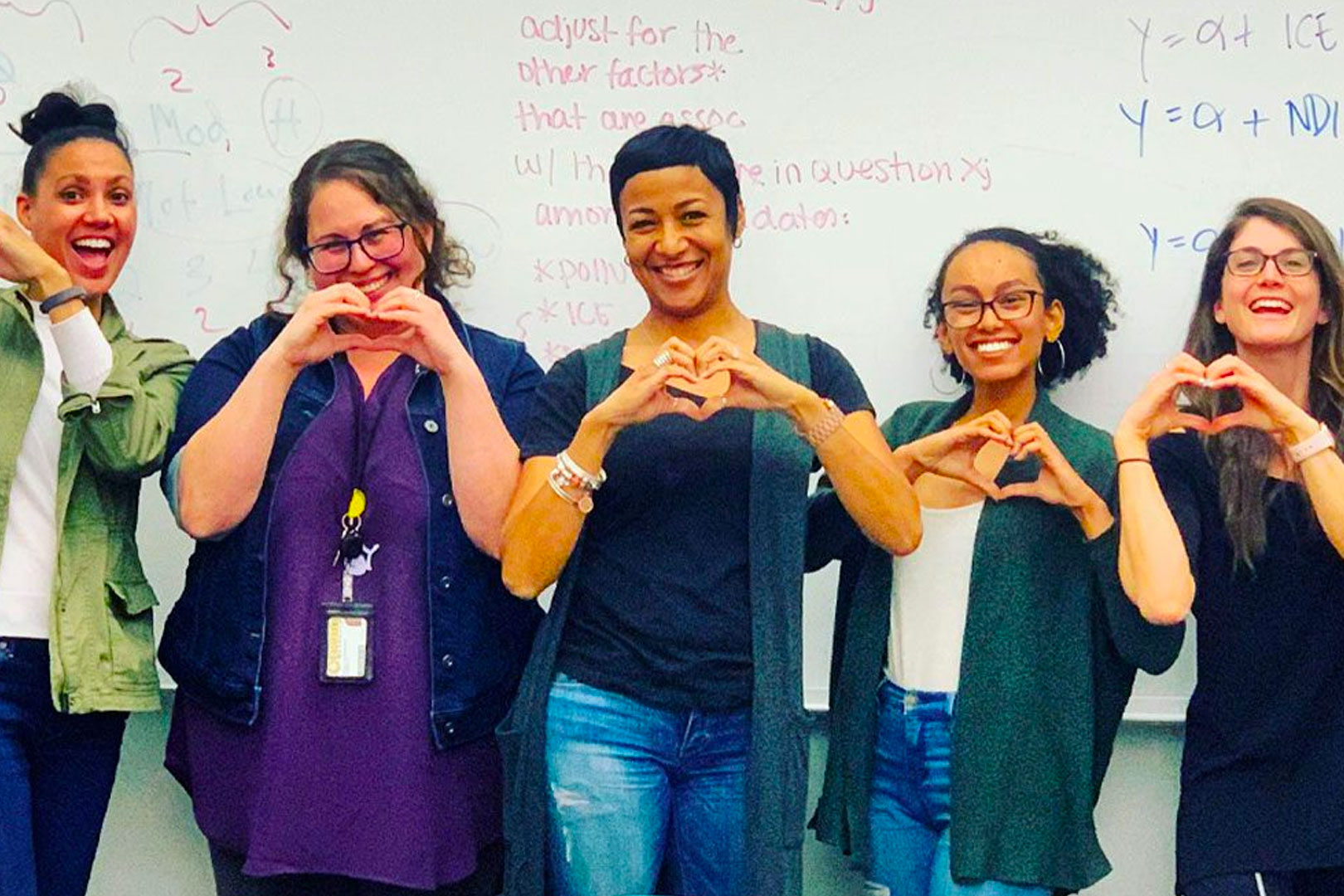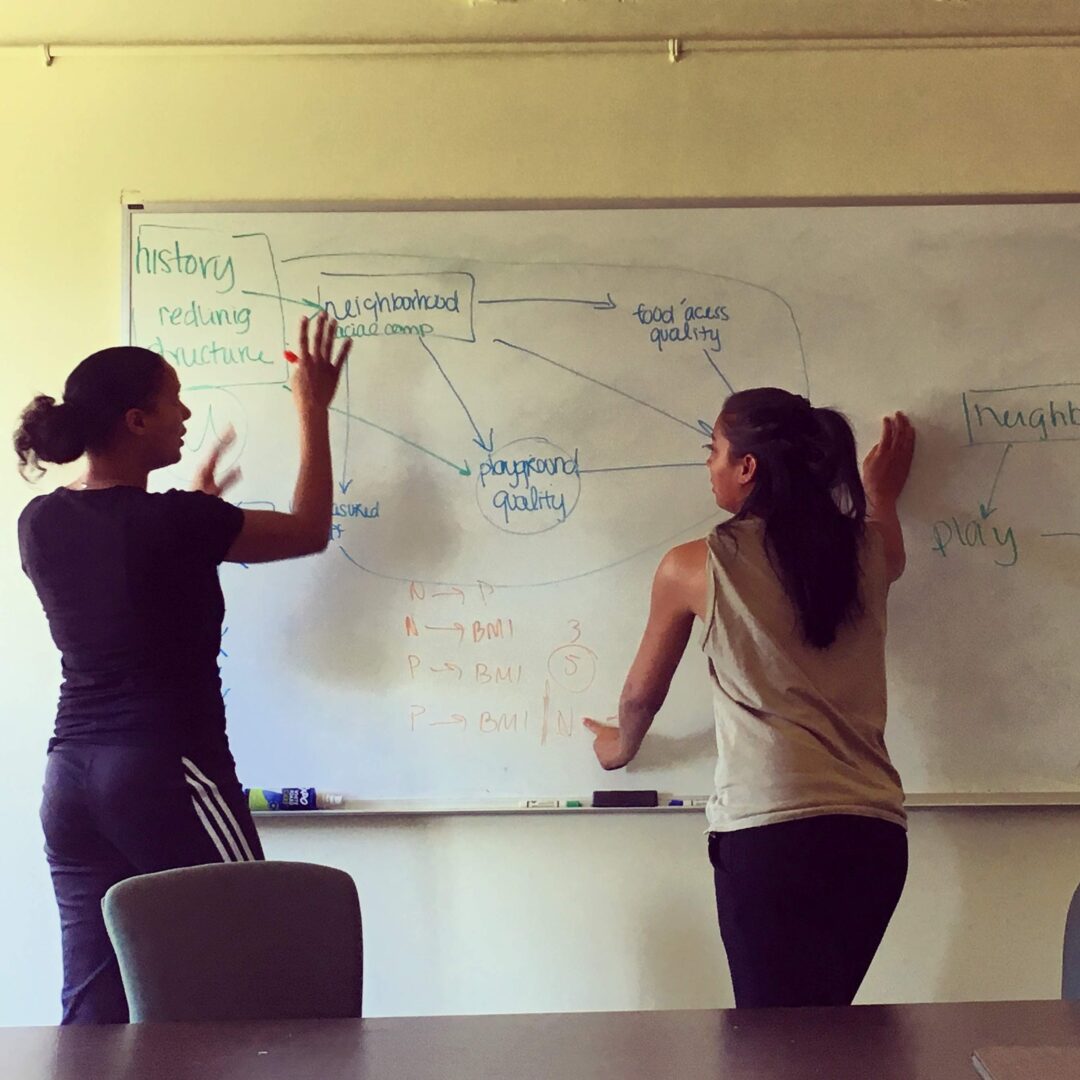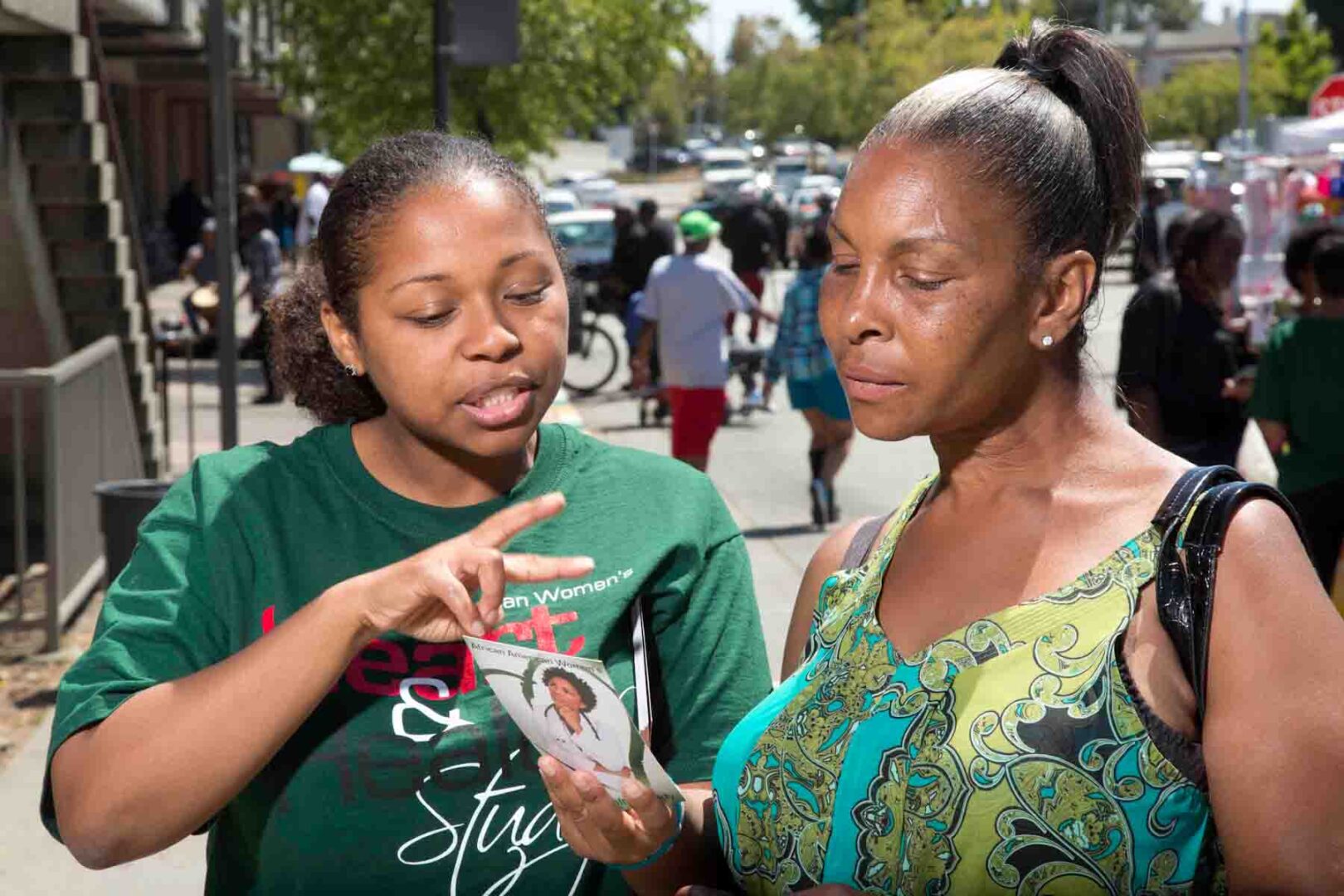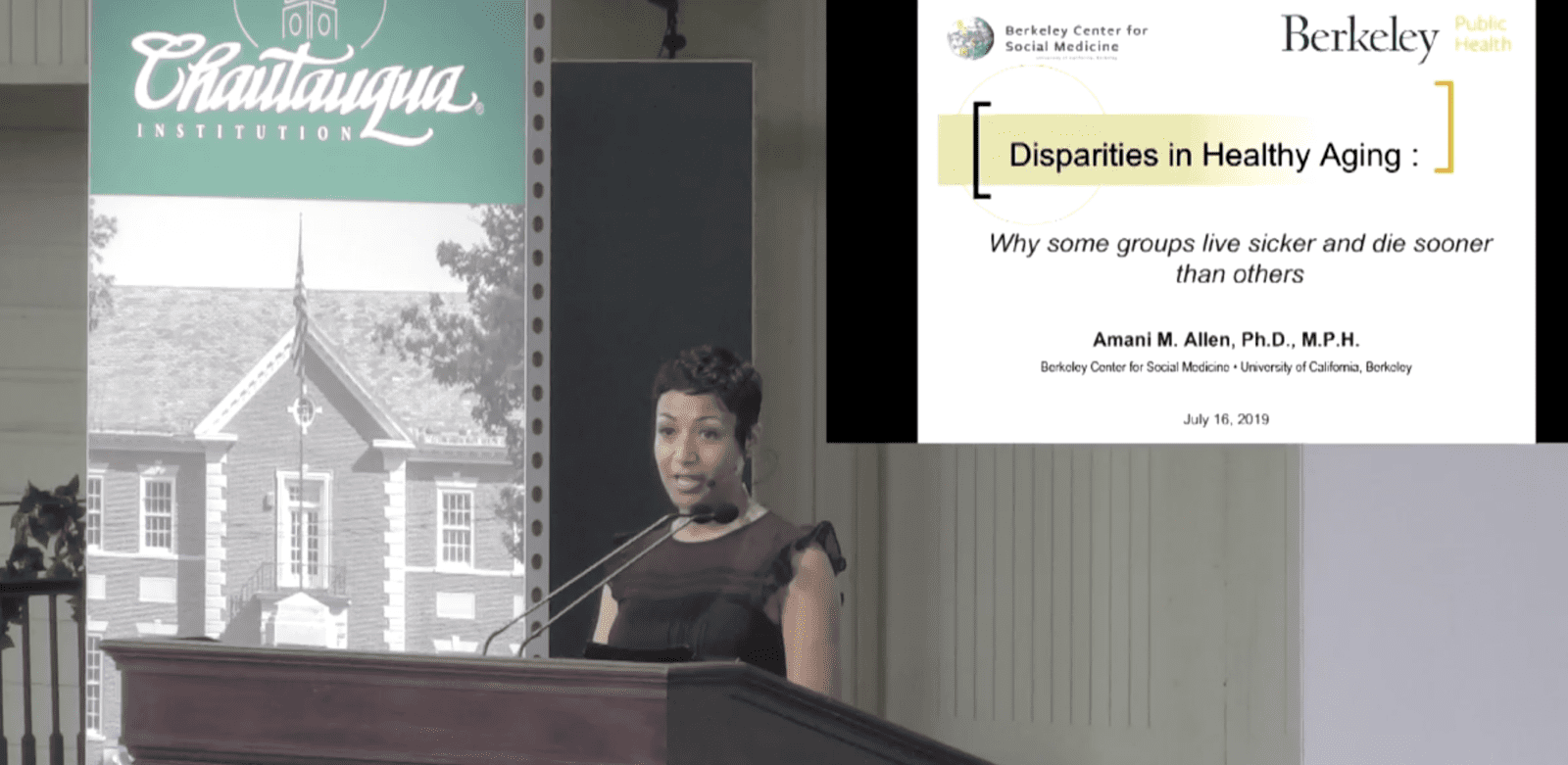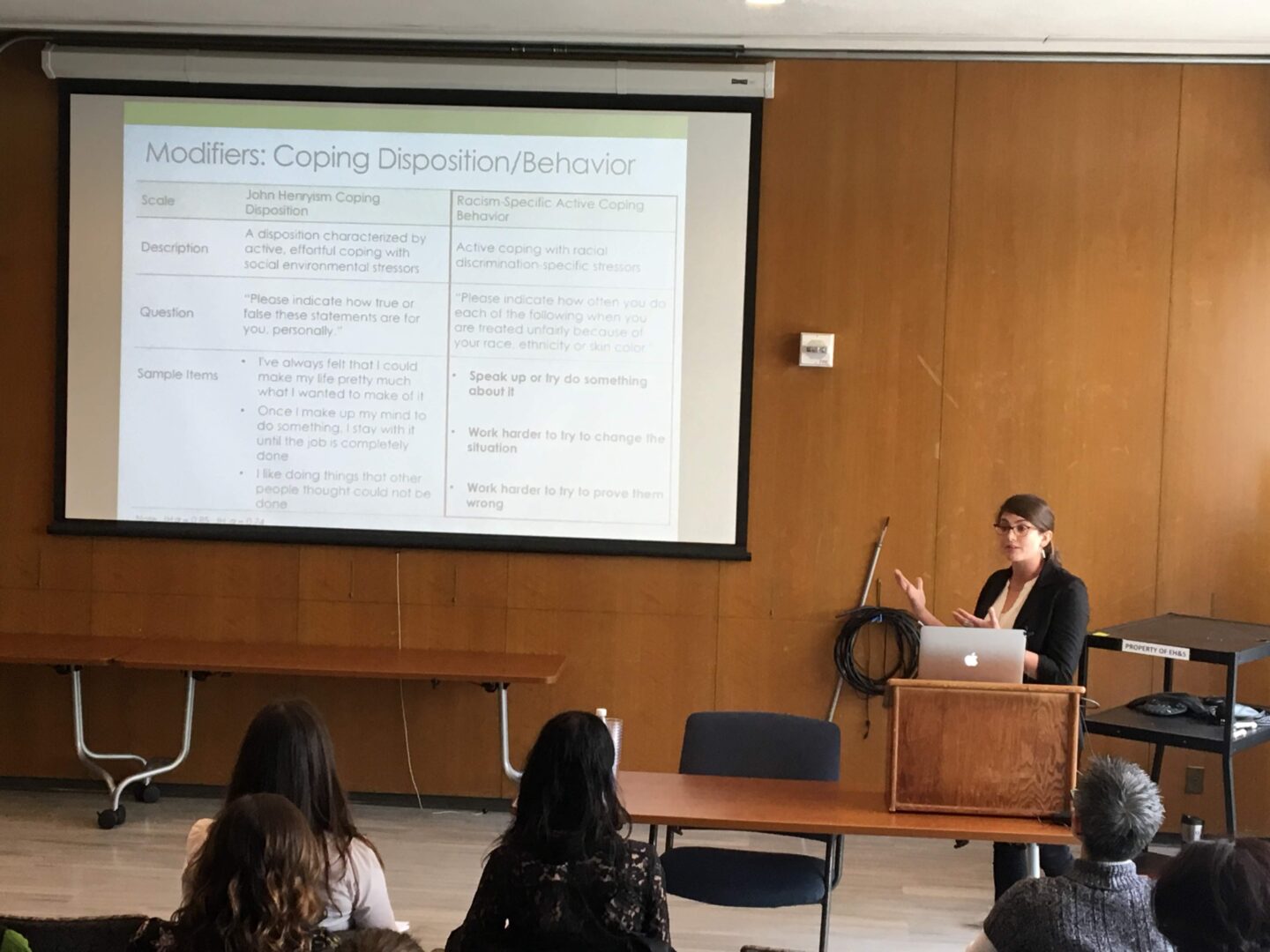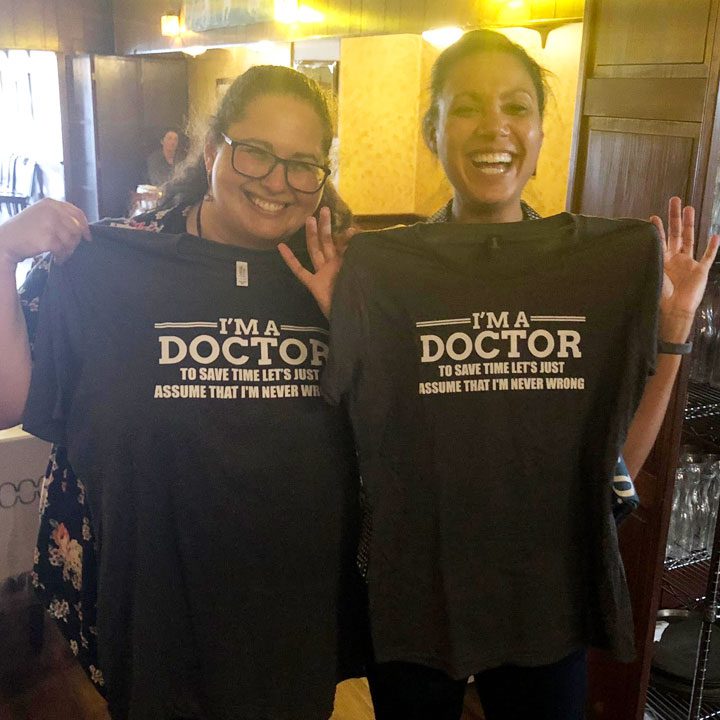The HEARTs Research Group (est. 2015) is an interdisciplinary multi-institution community of race and health scholars consisting of undergraduate and graduate students, postdoctoral scholars and faculty collaborators interested in interrogating relationships between race, racism and health. We use a social-psychobiological framework to interrogate the intersection of socio-environmental risks and the biological embedding of lived social experience. The HEARTs Research Group promotes research and scholarship related to understanding why some groups, particularly racially minoritized groups, live sicker and die sooner than others. We are a collaborative training ground for those interested in applying social theory and a variety of research methods to examining the connections between social inequalities and racial health inequities.
HEARTs is guided by several underlying themes: the conceptualization and measurement of racism as a social determinant of health; the embodiment of social stress with a focus on weathering and race-related stress, biological dysregulation and premature biological aging; and understanding the intersection of race, gender, age, and socioeconomic position and its impact on health inequities. HEARTs activities include research collaborations, WIP (work-in-progress) seminars, journal club, developing abstracts and conference presentations, manuscript development, grant-writing, and other professional development activities.

